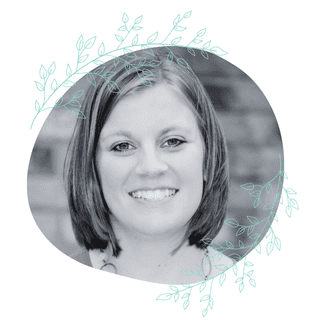Grief and loss can overwhelm individuals, much like a storm. Losing a loved one, facing divorce, medical issues, or job loss can leave individuals searching for ways to cope with grief.
One of the many facets of experiencing grief is the loss of self. It is common and natural to question yourself during this time. After all, loss changes a person, and that can be nearly as scary as the loss itself. Life after a loss can seem overwhelming, leaving many unsure of how to proceed. Who are you now, without this special relationship that you’ve lost?
The truth is you are still you. However, you will grow and evolve into a different version of yourself. This is natural and to be expected, as these emotional shifts can be part of the stages of grief.
If you’d like to explore how loss shapes you, it’s important to ask yourself a few different questions. These questions can help you understand why you feel your identity has changed.
How Do Others See You?
Perceived changes in identity can stem from how others treat us differently. Some of your friends and family will hopefully be full of love and support. Undoubtedly, some may never have faced grief themselves, feeling unsure how to support you, while others, still navigating their own grief, may find it difficult to offer comfort.
Indeed, others may treat you differently, if only temporarily. It’s important to remember that our perception of how people see us after grief and loss isn’t necessarily the truth of the matter, and it almost certainly won’t be permanent.
Have Your Interests Changed?
When things that we used to love suddenly hold no interest for us, it can lead us to believe we are no longer who we once were.
Often, this disinterest is a natural part of grieving. Things we used to enjoy may suddenly seem pointless, tiring, or boring. If we no longer love the things we used to love, or we no longer do the things we used to do, does that make us different people?
Has Your Identity Truly Changed?
Some losses fundamentally alter one’s identity. If you lose your only child, you may feel as if you are no longer a parent. If your marriage breaks up, you are no longer a husband or a wife. If you are fired from your dream career, you can no longer view yourself as the thing you once were.
Understandably, these identity changes are challenging. No matter how you measure it, you find that your feelings have truth to them. This isn’t just how people see you or an instance of time healing wounds. These types of losses truly do shape our identity into something entirely different than what we were before.
When this happens, it is important to acknowledge the feelings as well as the truth behind them. Denial is a natural stage of grief, but acknowledgment and acceptance are some of the first steps toward healing. Seeking help from a grief counselor, in addition to practicing acceptance, can be beneficial. You might also consider joining a grief support group.
Ultimately, it is vital to be patient with yourself during grief, recognizing that despite any shifts in identity, your core self remains. Give yourself time, and then rebuild from the ground up. You will, no doubt, recognize yourself in the process.


KATIE CLARK started reading and writing stories in grade school and her love for both never died. In 2016, Katie’s oldest daughter Emma passed away at the age of 10, after a lengthy battle with childhood cancer. Katie writes about grief as a way to heal as well as to help others who are on their own grief journey.







Leave a Comment